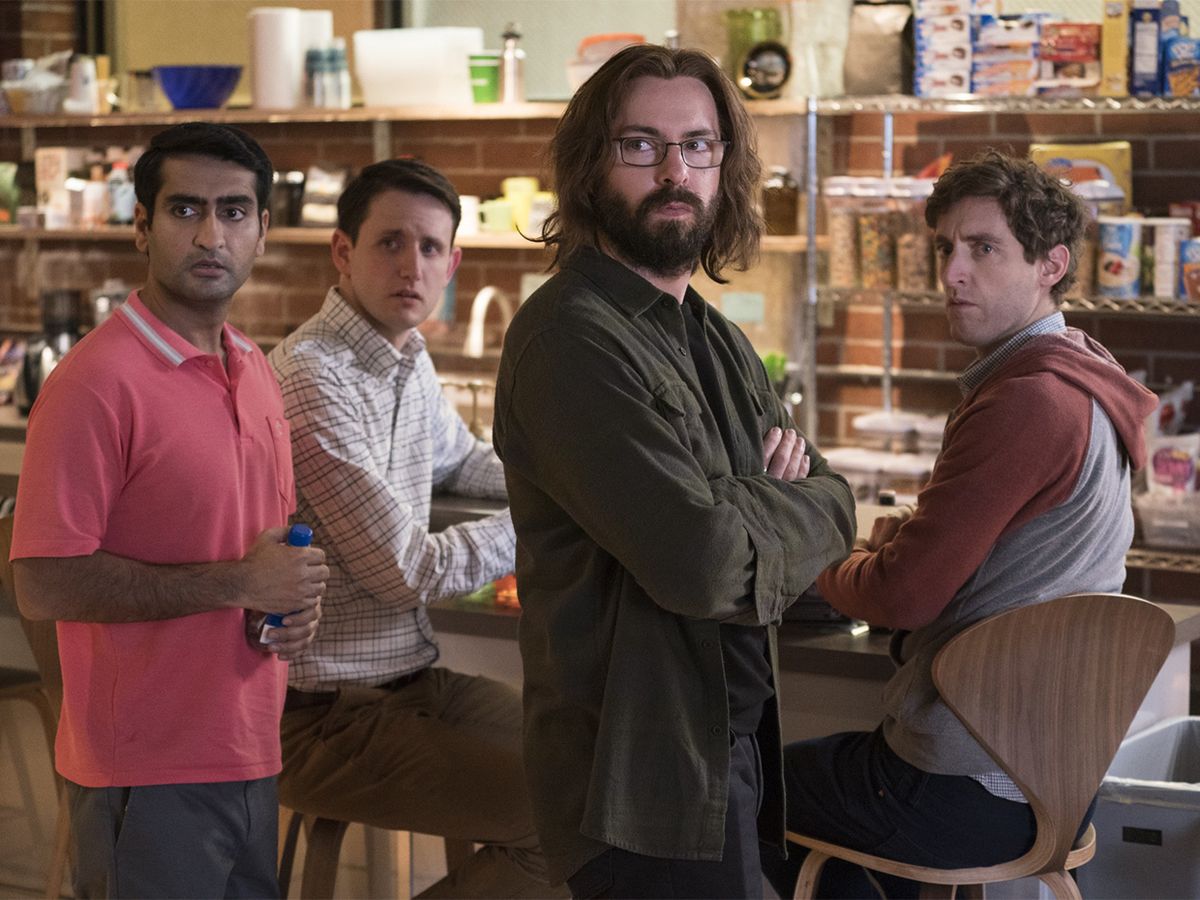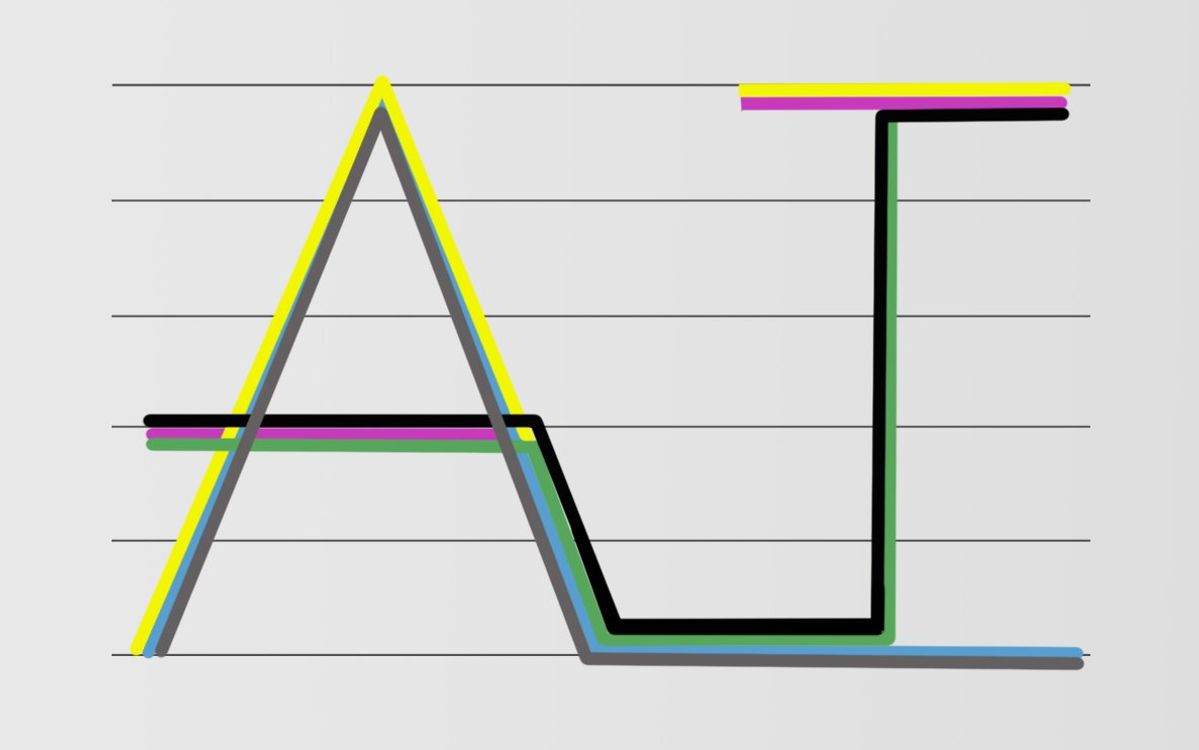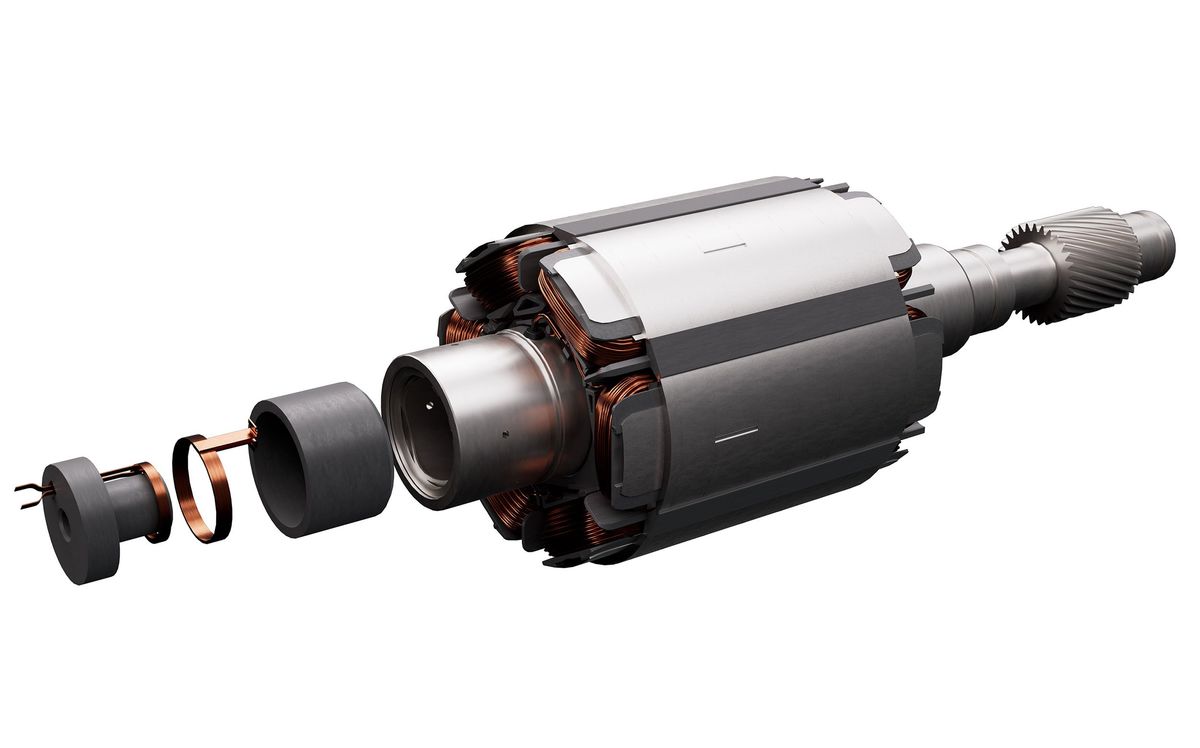Pied Piper, the fictional startup of HBO’s “Silicon Valley,” began as a data compression company. Producers during its first few seasons consulted with researchers at Stanford who specialize in compression algorithms—first, Tsachy Weissman and Vinith Misra, and later Dmitri Pavlichin—to put a real-world spin on discussions about its technology and the whiteboards explaining it. Weissman developed a new compression metric, the Weissman Score, for the show; real-world researchers even started using it. And Misra wrote a technical paper, published online, explaining a fictional (and R-rated) improvement to the compression algorithm.
But like so many startups, Pied Piper eventually pivoted to a different business model—and a new technology. Last season, Richard Hendriks and his team changed their focus to decentralizing the Internet, that is, creating what the show explained as a peer-to-peer network of websites “with no firewalls, no tolls, no government regulation, no spying.”
This wasn’t a unique idea, though it hadn’t gotten a huge amount of notice outside of segments of the tech industry. In 2015, Brewster Kahle, founder of the Internet Archive, published a white paper making a case for a Decentralized Web, and in 2016 the Internet Archive held the first Decentralized Web Summit. Meanwhile, several real-world startups were working on developing the technology, including Anonymouse and MaidSafe. (While HBO Silicon Valley refers to a decentralized Internet, what the show describes is generally what the rest of the tech world calls a decentralized web.)
With the fifth season of “Silicon Valley” that kicked off in March, the engineers of the rapidly expanding Pied Piper aren’t talking compression at all, rather, they are busy reinventing the Internet. Says fictional CEO Richard Hendriks, “The idea of creating a new Internet—that’s special. We can rewrite the most important thing in human history and build it the way it should have been built all along, not this addictive parasite that companies …use to spy on us and exploit us.”

Behind the scenes, this pivot meant that Stanford’s compression experts are off the job—and new technical experts are in. To learn about building a decentralized web, the show consulted the CEO, CTO, and COO at one of those real-world teams I reported on last year: David Irvine, Viv Rajkumar, and Nicholas Lambert at MaidSafe in Ayr, Scotland. Lambert says they were "delighted" to have offered advice to the production team.
“It is great that the decentralized web is getting such a high profile thanks to the show,” Lambert told me. “You only have to look at what’s gone on with Facebook and Cambridge Analytica to understand how important it is to build an alternative Internet that gives users back control.”
“Without trying to sound too much like Richard,” Lambert continued, “we are 100 percent focused on the goals of the decentralized web. Today’s Internet is broken. It is not just affecting the privacy of individual consumers. It is leading to censorship, fake news, and attempts to interfere in democrat processes. We passionately believe that we have to take a stand to defend what we believe to be the fundamental values of the Internet—openness, privacy and freedom of expression. We are dedicated to ensuring the benefits of the decentralized web go beyond a plot line.”
Lambert isn’t the only one pushing for a decentralized web in the real world. The Internet Archive just announced plans for its second Decentralized Web Summit, to be held this August. Maybe they should invite a certain TV crew.
Updated 18 April to reflect the company’s move to Ayr, Scotland.
Tekla S. Perry is a senior editor at IEEE Spectrum. Based in Palo Alto, Calif., she's been covering the people, companies, and technology that make Silicon Valley a special place for more than 40 years. An IEEE member, she holds a bachelor's degree in journalism from Michigan State University.



